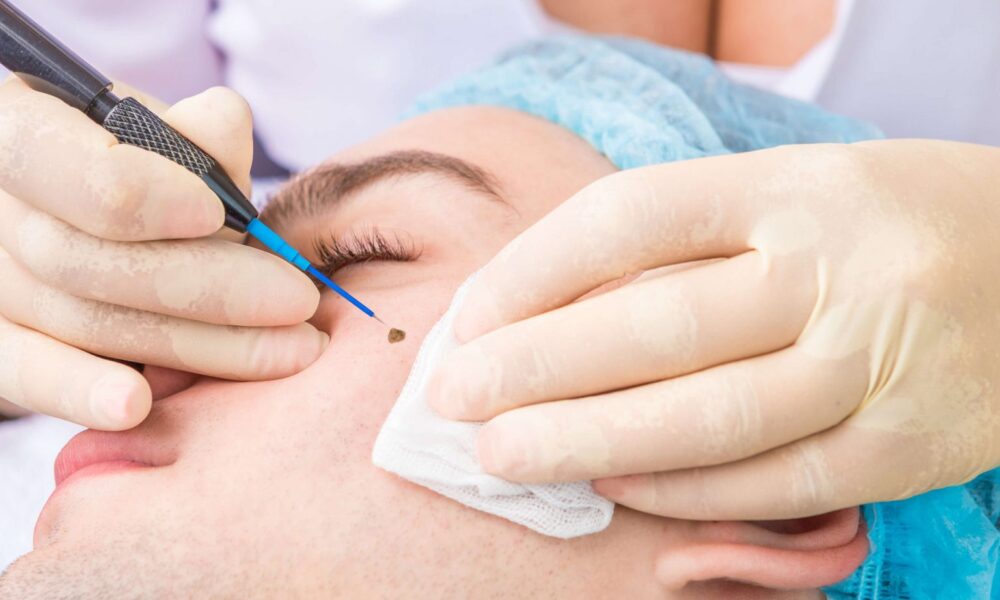Mole Removal: Treatments and Prevention

Introduction
Have you ever been concerned about a mole on your skin? While most moles are harmless, they can sometimes change in ways that require medical attention. Whether you’re dealing with a bothersome mole or want to reduce your chances of developing new ones, this guide provides insights into why mole removal form, effective treatment options, and prevention strategies.
What Are Moles?
Moles, or nevi, are skin growths caused by pigment-producing cells. They can vary in size, shape, and color, appearing as flat or raised spots.
When Should You Be Concerned?
Monitor moles for any changes in:
- Size
- Color
- Shape
- Texture
Why Do Moles Appear?
1. Sun Damage
UV radiation from sunlight or tanning beds is a significant contributor to mole formation.
2. Hormonal Factors
Moles often develop during puberty or pregnancy due to hormonal changes.
3. Genetic Predisposition
If your parents or siblings have many moles, you may inherit this trait.
Mole Removal Methods
1. At-Home Remedies
While not always effective, some natural options include:
- Honey and Flaxseed Paste: Believed to reduce mole pigmentation over time.
- Iodine Solution: May dry out moles naturally.
Note: Home remedies can cause irritation or scarring. Consult a doctor before attempting these methods.
2. Medical Procedures
Surgical Removal
- Excision with Stitches: Ensures complete removal, ideal for deep or suspicious moles.
- Shave Removal: Quick and effective for small, raised moles.
Non-Surgical Techniques
- Cryotherapy: Freezes the mole, causing it to fall off.
- Laser Treatment: Targets pigmented moles with minimal scarring.
Prevention Tips
1. Sun Protection
- Wear hats and sunglasses outdoors.
- Apply sunscreen with SPF 30+ daily.
2. Routine Skin Monitoring
- Examine your skin for new moles or changes in existing ones.
- Use the ABCDE rule for early detection of melanoma.
3. Healthy Skin Practices
- Stay hydrated to maintain skin elasticity.
- Avoid picking at moles to prevent irritation.
Statistics and Facts
- One in five people will develop a skin concern requiring medical evaluation during their lifetime.
- Early detection of suspicious moles can reduce melanoma mortality rates by 63%, according to the American Cancer Society.
Conclusion
Understanding mole removal and its options empowers you to make informed decisions about your skin health. Whether opting for home remedies or professional treatments, always prioritize safety and consult a dermatologist when necessary. By adopting preventive habits and monitoring your skin regularly, you can minimize risks and maintain healthy, radiant skin.




